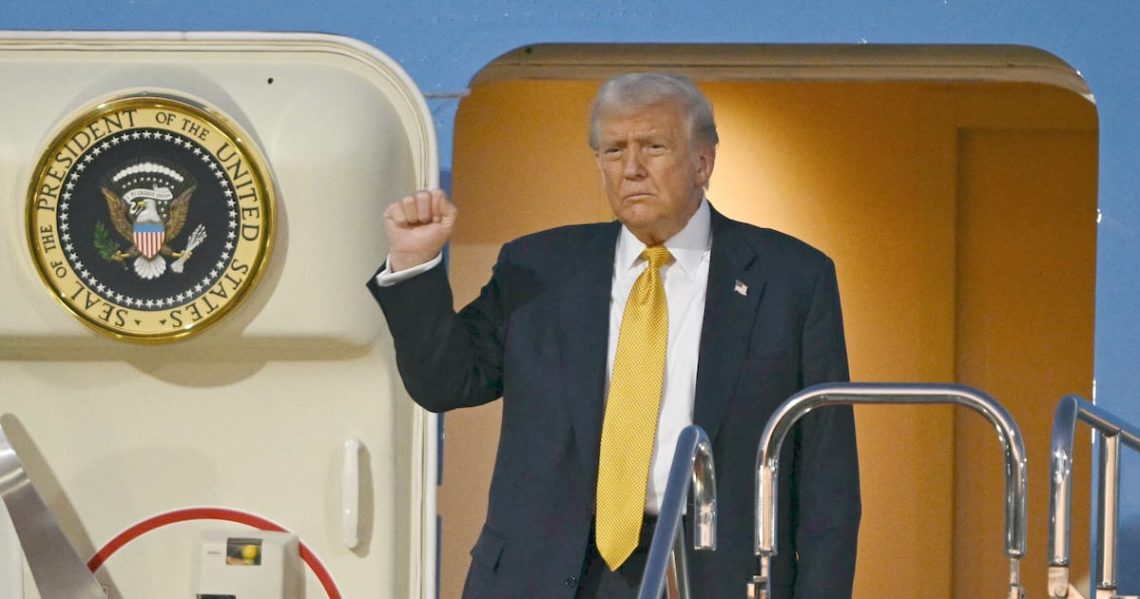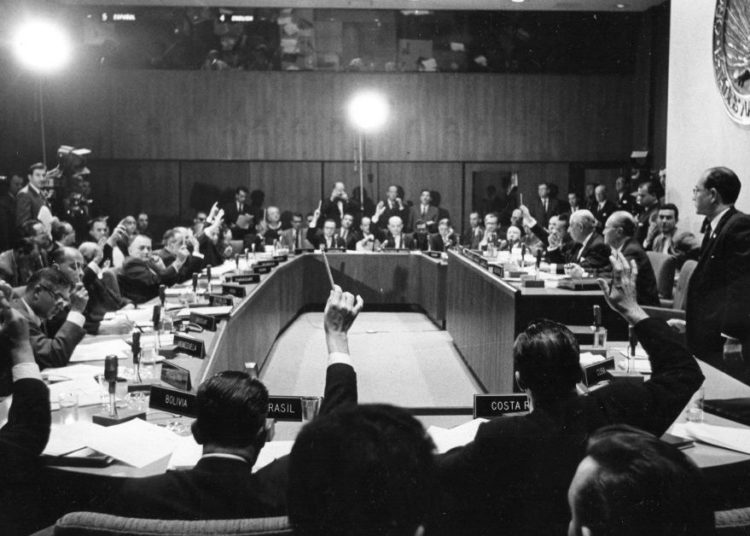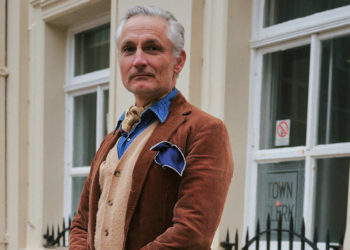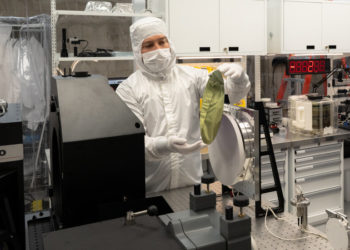Japanese Prime Minister Sanae Takaichi adopted the tried-and-true method of getting on President Donald Trump’s good side by complimenting his peacemaking skills and vowing to nominate him for the Nobel Prize.
During Tuesday’s meeting in Tokyo, Takaichi—a protégée of the late Prime Minister Shinzo Abe, who enjoyed a close relationship with Trump—praised the president’s efforts to broker peace in the Middle East and Asia, according to The New York Times.
“Prime Minister Abe often told me about your dynamic diplomacy,” she told Trump. “I myself am so impressed and inspired by you, Mr. President.”
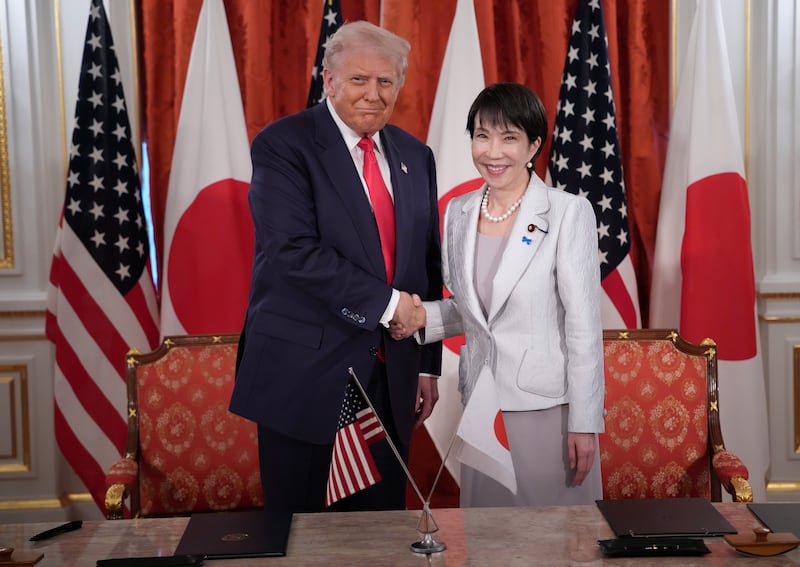
The 64-year-old Takaichi, who is the country’s first female prime minister, assumed office just last week.
White House press secretary Karoline Leavitt also said Takaichi had nominated Trump, 79, for the Nobel Peace Prize, which has long been a fixation of the president’s. Abe, who was assassinated in 2022, reportedly nominated Trump for the prize during the president’s first term, to no avail.
The Japanese government declined to comment to the Times on whether it had nominated Trump, citing the Nobel’s committee’s principle of not disclosing the nominees.
If true, however, would be the latest in a long line of political allies and sycophants attempting to win over Trump by playing to his Nobel ambitions.
Israeli Prime Minister Benjamin Netanyahu surprised Trump with a nomination for the peace prize in July, and Russian President Vladimir Putin said earlier this month that Trump deserved the award.
Both men are leading years-long military campaigns that have tested their relationships with Trump, but the Nobel Prize gestures immediately put them at least temporarily in Trump’s good graces.
Both Israeli lawmakers and House Speaker Mike Johnson have said they will launch campaigns to get Trump the coveted prize next year, making Japan’s nomination unnecessary.
Those efforts appear to be counterproductive, though, as the Norwegian Nobel Committee’s deputy leader, Asle Toje, told Reuters in September that “influence campaigns” are more likely to have “a negative effect than a positive” one when the panel convenes to decide who will get the award.
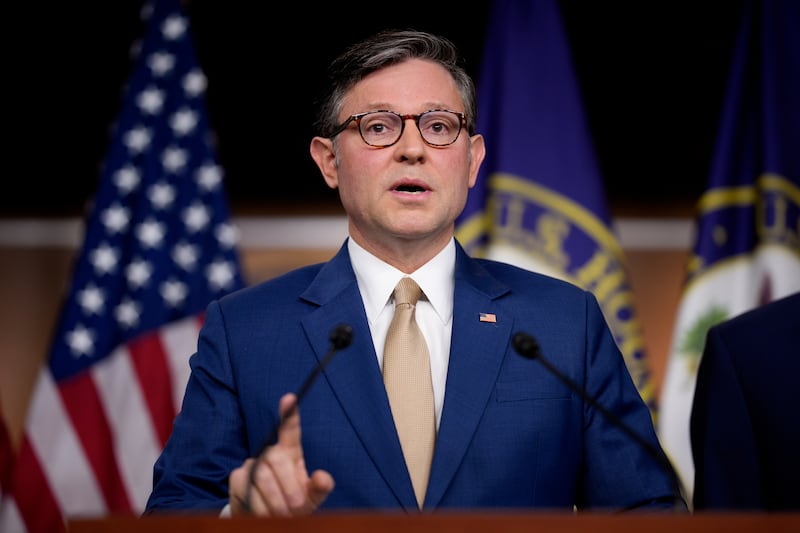
“Some candidates push for it really hard and we do not like it,” Toje said. “We are used to work in a locked room without being attempted to be influenced. It is hard enough as it is to reach an agreement among ourselves, without having more people trying to influence us.”
Many of the committee’s members have also spoken out publicly against Trump’s attacks on the press and his “dismantling” of American democracy during his second term.
And yet Takaichi’s approach to Trump—including her dangling of the Nobel Prize nomination—seemed to pay off for Japan.
After originally threatening to impose a 25 percent tariff on products from Japan, Trump reduced the rate to 15 percent in July as part of a trade agreement in which Japan has vowed to invest $550 billion in the U.S.
“I want to just let you know, anytime you have any question, any doubt, anything you want, any favors you need, anything I can do to help Japan, we will be there,” he told her. “We are an ally at the strongest level.”
Afterward, Trump gave a speech to U.S. troops stationed in Japan during which he vowed to deploy more soldiers in American cities. The “peacemaker” president also vowed to go into countries, win wars, and then leave.
The post Vain Trump Wins Totally Worthless Promise During Japan Visit appeared first on The Daily Beast.
